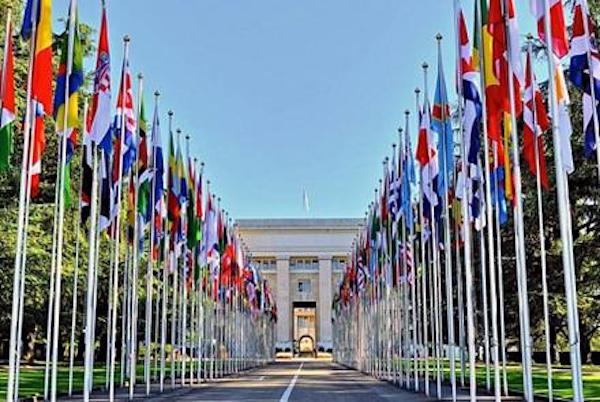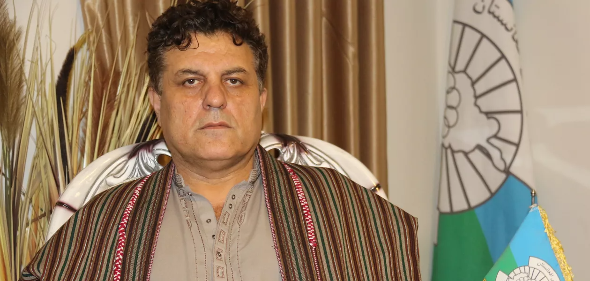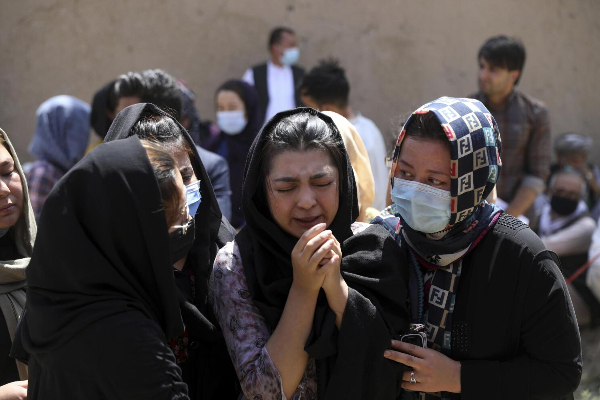The Afghan government is expecting more aid from the international community at the upcoming Geneva conference, as the Ministry of Finance says 90 percent of past commitments have been addressed.

The government made 63 commitments in the last Geneva conference in November 2018.
The 2020 Afghanistan Conference in Geneva is scheduled for November 23-24, according to a UN statement last week. The United Nations has called it a milestone event in the countryís journey to peace, prosperity and self-reliance.
The quadrennial, ministerial-level pledging conference is jointly organized by the Government of the Islamic Republic of Afghanistan, the Government of Finland and the United Nations.
The aim of the conference is to renew international and Afghan commitments to the development and stability of Afghanistan, to agree to joint development goals for 2021-24 and to coordinate development cooperation regarding financial support for Afghanistan.
"We hope that this yearís Geneva Conference will help us get our major gains and the international community continues its cooperation with the Afghan government in a larger manner," said Shamroz Khan Masjidi, a spokesman for the Ministry of Finance.
However, the representatives of the private sector have said that the governmentís programs for attracting investments and improving the role of the private sector in the economy have not been successful over the past five years.
Sakhi Ahmad Paiman, head of the Afghanistan Industry Owners Association, said the governmentís performance toward improving the role of the private sector has not been effective. He said Afghanistan needs international cooperation more than ever.
"Today the international community and the government have to play a role in attracting assistance because it will have a significant impact on the peace process. It is important for the private sector as well," said Sakhi Ahmad Paiman, head of the Afghanistan Industry Owners Association.
Other problems mentioned by the private sector are endemic corruption in public offices, lack of infrastructure, a business recession and a lack of electricity.
"Commitments and cooperation for Afghanistanís private sector have not been tangible. The government made commitments, but practically they have had no impact," said Sayed Zaman Hashimi, the head of ACCI.
LINK: https://www.ansarpress.com/english/20386
TAGS:






























 Ghani Removed From UN Heads of State List
Ghani Removed From UN Heads of State List 




